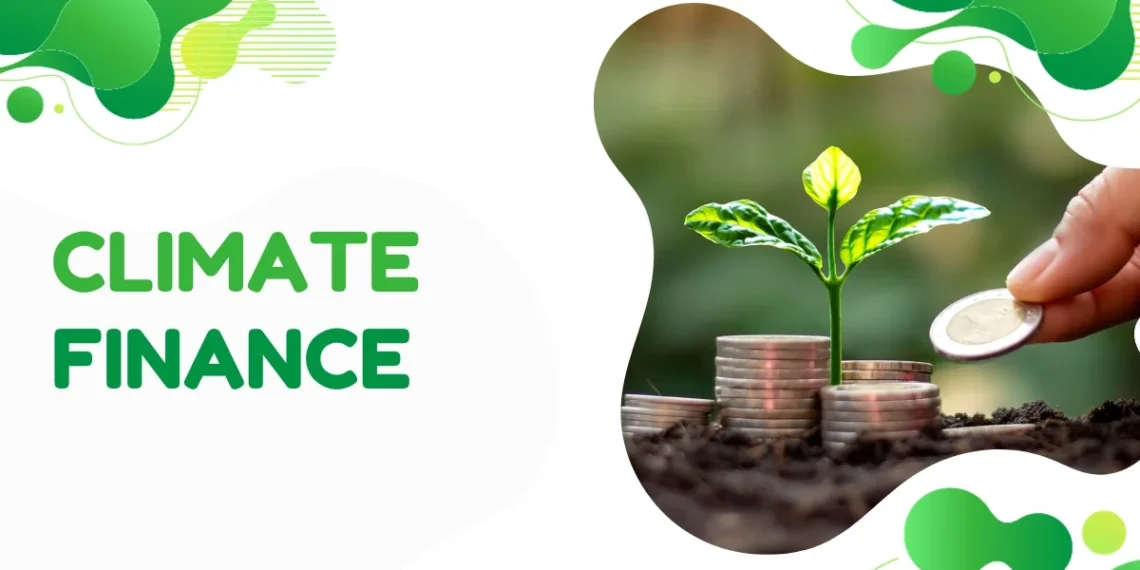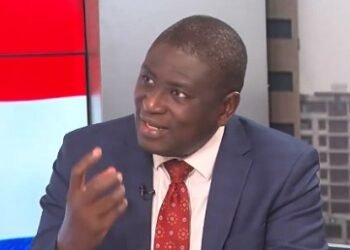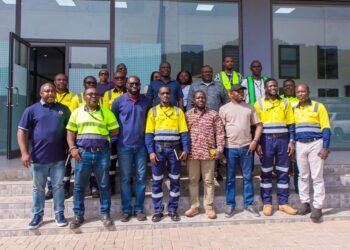Ghana has secured $1 billion in climate financing to accelerate its renewable energy and green transition efforts, according to John Abdulai Jinapor, the Minister for Energy and Green Transition.
The funding will support major national projects aimed at reshaping the country’s energy infrastructure while meeting ambitious sustainability and climate goals.
Speaking through Seth A. Mahu, Director of Renewable Energy and Green Transition at the Ministry, during a forum organized by the University of Energy and Natural Resources (UENR) in Sunyani, the Minister emphasized that the financial package is a vital catalyst for Ghana’s green future.
“The funding would be directed towards key interventions such as the Scaling-up Renewable Energy Program (SREP), the Forest Carbon Partnership Facility (FCPF), and the development of a project pipeline through the Green Climate Fund (GCF) and the Ghana Climate Innovation Centre.”
John Abdulai Jinapor, Minister for Energy and Green Transition
According to Hon. Jinapor, this financial commitment aligns with Ghana’s newly approved five-year Renewable Energy and Green Transition Action and Investment Plan, a roadmap that aims to deliver sustainable, high-impact interventions across the energy sector.
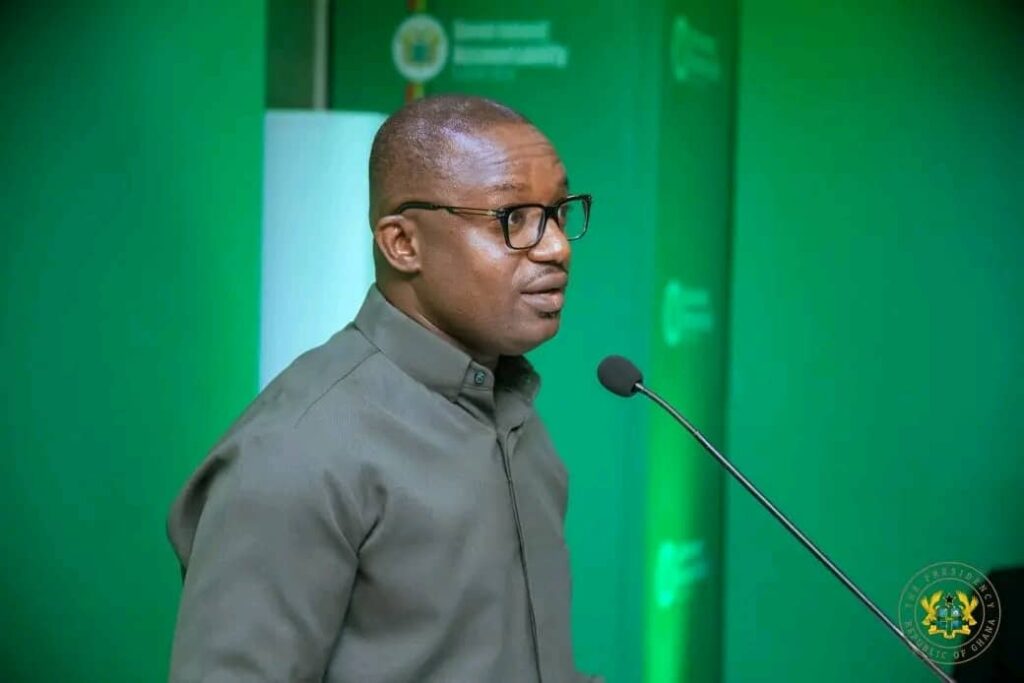
The plan, he explained, is not just a policy document but a practical framework grounded in the National Energy Transition Framework and the Renewable Energy Master Plan.
These frameworks are already delivering real results, including initiatives like smart solar street lighting, the deployment of electric vehicle superchargers along major highways, and significant additions to the national renewable energy generation capacity.
Hon. Jinapor “Our goal is to increase Ghana’s renewable energy capacity to at least 1,400 megawatts,” stated in the address, adding that this shift will reduce dependence on fossil fuels, create jobs, and position Ghana as a regional leader in green innovation.
He said that the plan also outlines Ghana’s ambition to achieve near-universal access to electricity, targeting 99.98 percent coverage nationwide by 2030.
Ghana Boosts Green Transition
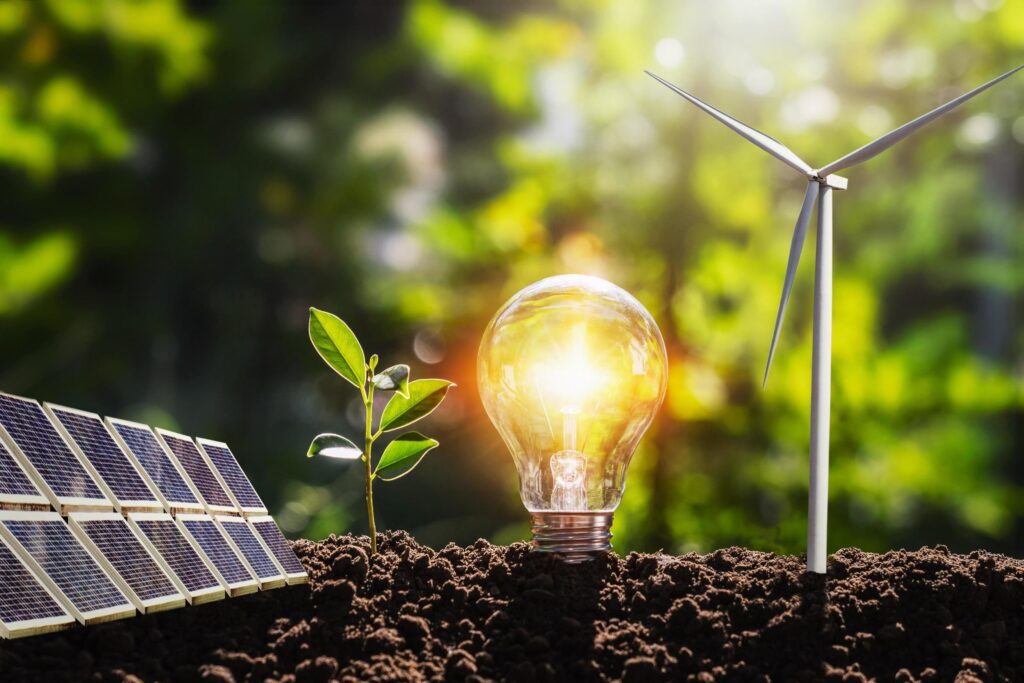
Hon. Jinapor used the occasion to announce the establishment of a Renewable Energy and Green Transition Investment Fund.
He said the fund would serve as a strategic tool to support transformative green projects, unlock private capital, and fuel innovation, research, and development. The fund, he noted, is designed not just for technology adoption but to spark deeper structural change across society.
“The nation’s energy transition is not only technological, but fundamentally human.
“No transition can be truly sustainable without the skills, institutions, and innovation ecosystems that drive it forward.”
John Abdulai Jinapor, Minister for Energy and Green Transition
To reinforce this human-centered approach, the Minister noted that the government is deepening partnerships with international organizations such as the International Solar Alliance and the World Bank to build institutional capacity and support the development of Centres of Excellence across the country.

These centers will focus on training the next generation of professionals in renewable energy, clean mobility, and green construction.
He added that the government is also investing in technical and vocational education to equip young people with the practical skills needed in Ghana’s evolving energy landscape.
Selected technical training institutions are being transformed into regional hubs for green technologies to meet growing local and international demand for a skilled green workforce.
The forum, which took place as part of UENR’s International Day Celebration, was held under the theme, “Promoting Internationalisation, Visibility and Impact through Diversity and Inclusion.”
It provided a platform to reflect on the university’s contributions to global education and climate advocacy while emphasizing the critical role of inclusivity in driving innovation.
Linda Serwaa Mensah, Principal Export Development Officer of the Ghana Export Promotion Authority (GEPA), also addressed the forum, noting that Ghana must take a strategic and forward-looking approach to international trade in the face of a rapidly changing global economic landscape.
She said Ghana’s export profile is diversifying rapidly, ranging from agribusiness and processed industrial inputs to arts, crafts, and service-based offerings.
Ms. Mensah emphasized the importance of educational diplomacy as a powerful tool for economic development.
She urged UENR and other academic institutions to forge deeper international partnerships through joint research, student exchange programs, and academic collaborations.
Such initiatives, she noted, would not only enhance the visibility of Ghanaian institutions but also strengthen the country’s global influence, attract investment, and create new avenues for trade.
As Ghana moves forward with its energy transition agenda, the combination of financial commitment, policy innovation, and inclusive human capital development suggests a long-term, strategic effort to become a beacon of green transformation in West Africa.
READ ALSO: IMF Urges BoG to Hold Tight on Policy Rate to Cement Disinflation Gains

